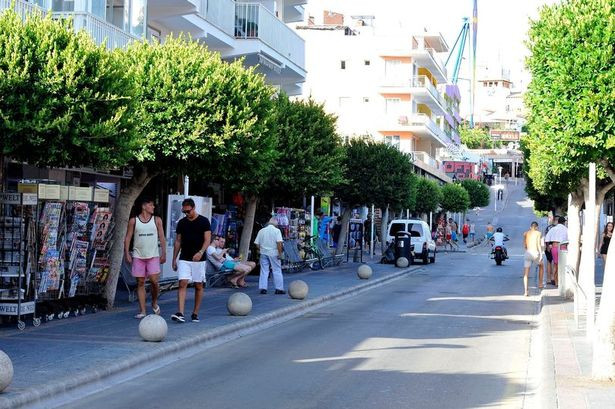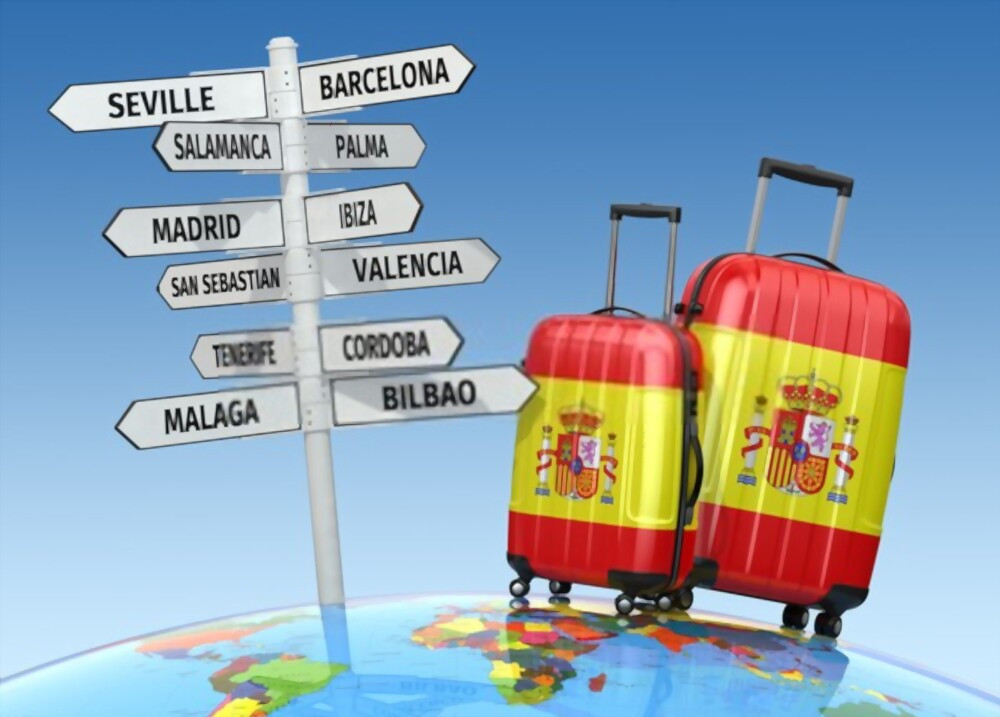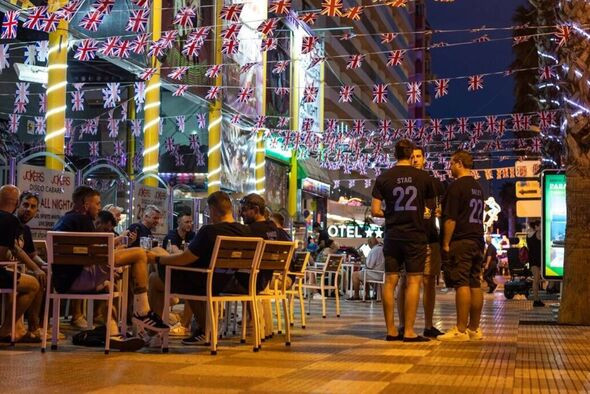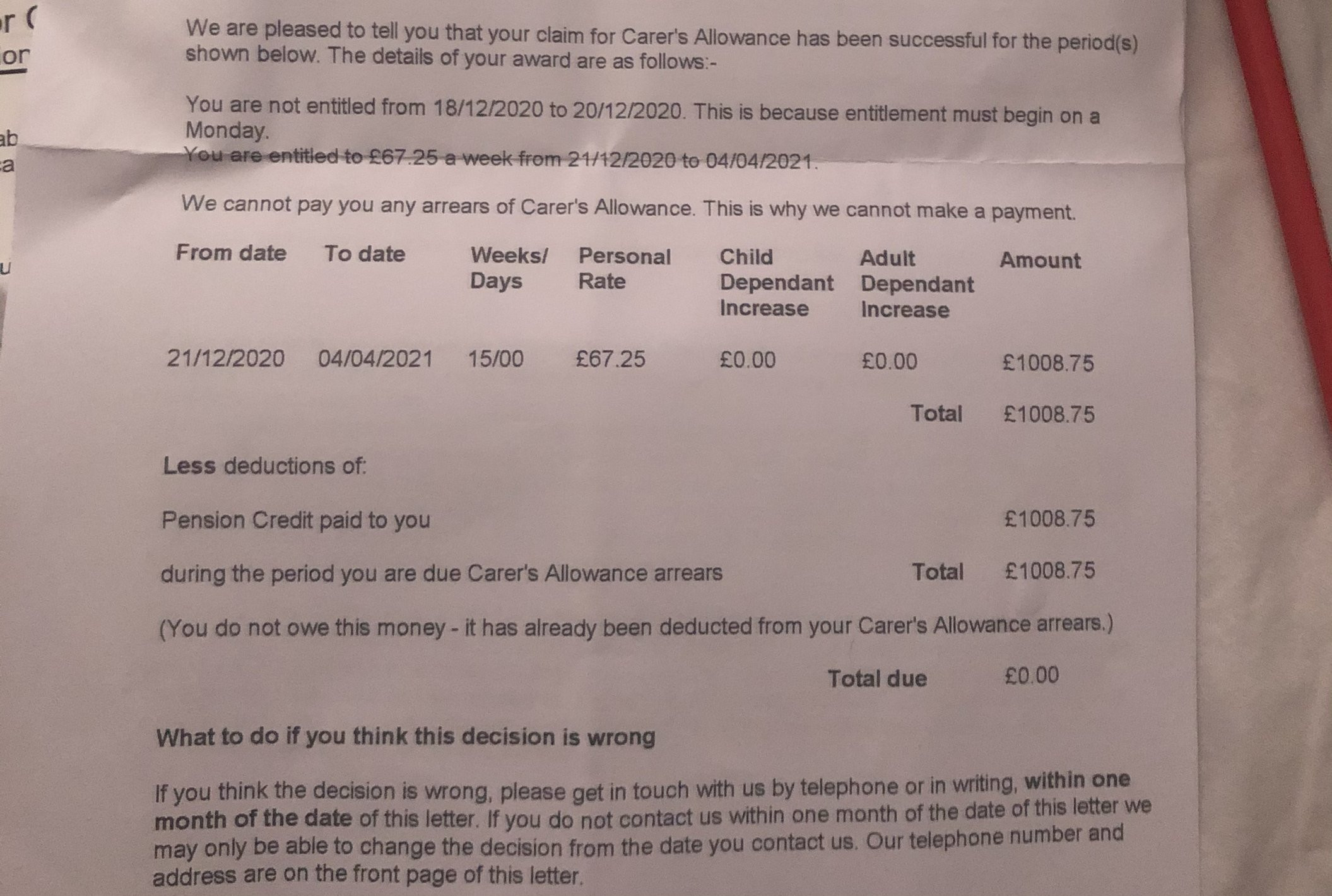Spain's New Data Demands: Travel Chaos and a Legal Battle
From Monday, December 2nd, British tourists arriving in Spain face significant travel disruptions due to new regulations requiring extensive personal information. These rules, deemed the strictest in the European Union, demand that businesses collect up to 43 data points from tourists, impacting hotels, car rentals, and tour operators. This includes contact details, family relationships, bank card information, and home addresses—information that must be provided both during booking and upon arrival.
The Data Overload: A 'Big Brother' Approach?
The sheer volume of data required has drawn fierce criticism. Catiana Tur, director of Acave, a major Spanish travel agency association, described the regulations as reminiscent of "Big Brother." She highlighted the drastic increase in data collection compared to the current practice of hotels simply requesting passport details, warning of substantial delays, particularly during peak seasons. This sentiment is echoed by many in the tourism industry and among British tourists themselves, with concerns raised about the administrative burden and potential impact on the overall travel experience. The Spanish government justifies these new measures as a necessity for combating organized crime and terrorism, improving the efficiency of law enforcement, and facilitating the tracking of potentially dangerous individuals.
The Scale of the Issue
The new regulations are extensive, requiring the collection of personal details such as full names, IDs, addresses, phone numbers, email addresses, payment details, and even family relationships. This comprehensive data collection extends to tour operators, holiday rental platforms, and car rental companies, demanding substantial changes to their operational procedures. Failure to comply with these regulations carries severe financial penalties, with fines of up to €30,000 (£25,000) potentially levied against businesses. This has ignited widespread concerns within the tourism industry, leading to legal challenges and protests.
The Industry's Backlash and Legal Challenges
The Spanish hoteliers' association, Cehat, has initiated a legal challenge against these regulations, arguing that they create uncertainty, jeopardize Spain's reputation as a tourist destination, and violate EU data protection laws. They highlight the significant contribution of the tourism sector to Spain's GDP (12%), emphasizing the potential negative economic consequences of these stringent measures. The association argues that the rules force companies to request personal data that is incompatible with the EU's General Data Protection Regulation (GDPR), raising serious concerns about privacy. The introduction of the decree has been delayed multiple times, underscoring the ongoing disagreement and opposition from various sectors. The Spanish government maintains that the new rules strike a balance between security and privacy. However, industry bodies such as Cehat dispute this claim, emphasizing the significant lack of consultation and the considerable practical difficulties that the regulations pose for businesses.
A Clash of Priorities
The debate underscores the tension between national security and individual privacy. The Spanish government's emphasis on counter-terrorism efforts is palpable in the justification for these measures, especially given the significant number of British tourists visiting the country annually (around 17.2 million in the previous year). However, the industry’s concerns about the potential negative impact on tourism and the complexities of data protection remain valid points. Furthermore, the implementation of these new regulations presents many challenges that raise concerns about the feasibility of their effective enforcement.
The Tourist's Perspective: Boycotts and Backlash
The response from British tourists has been overwhelmingly negative. Many have expressed their intention to boycott Spain, citing concerns about privacy violations and the excessive bureaucratic burden imposed by these new regulations. Social media is awash with comments expressing frustration and anger, with some tourists vowing never to return to Spain. This intense backlash underscores the considerable public relations challenge posed by the new rules. The situation highlights the potential for stringent security measures to inadvertently damage the tourism sector. Furthermore, it serves as a reminder of the delicate balance between security and the preservation of a welcoming environment for visitors.
A Bleak Outlook for Spanish Tourism?
The combination of significant industry concerns, legal challenges, and a widespread tourist backlash poses a considerable risk to Spain's thriving tourism sector. The imposition of these arguably unprecedented regulations raises questions about Spain's long-term commitment to attracting international tourists. The potential decline in tourist numbers could lead to detrimental economic consequences. It remains to be seen how the Spanish government will address these concerns and what adjustments may be made to mitigate the negative consequences of these new rules. The situation is evolving and requires close monitoring in order to properly assess the wider impact on Spain's economic and social landscape. In short, the new regulations represent a significant challenge to Spain's tourism industry and its reputation as a welcoming destination for visitors.
A Village's Plea: Cheap Houses and a New Beginning
In contrast to the turmoil surrounding Spain's new travel rules, a small Spanish village offers a different narrative. Coripe, situated near Seville, is actively seeking new residents, promoting affordable housing and entrepreneurial opportunities. The village boasts stunning natural beauty, a vibrant cultural scene, and attractive cost of living, making it an appealing choice for those looking for a change of pace and a more tranquil lifestyle. The initiative to revitalize the village highlights a different aspect of Spanish society, showing a welcoming spirit to those who seek new beginnings.



















